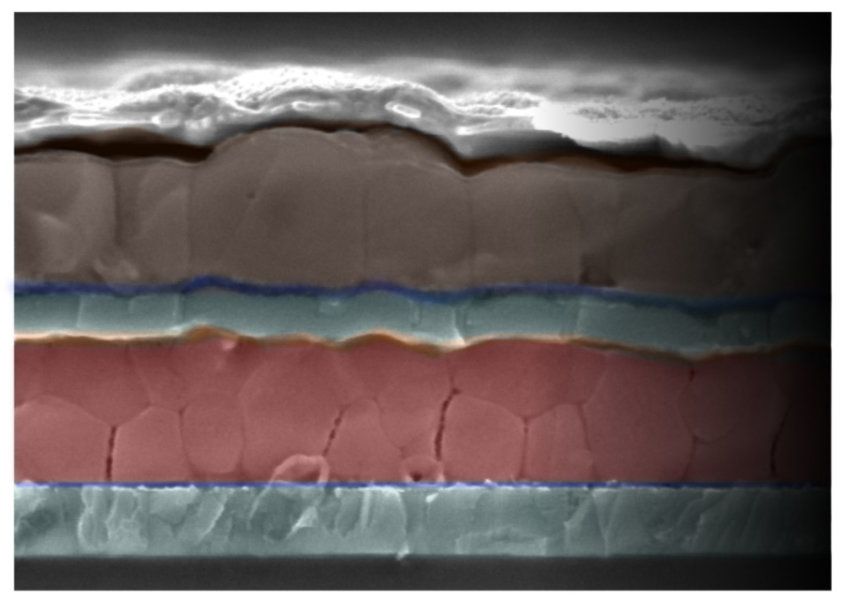A new design for solar cells that uses inexpensive, commonly available materials could rival and even outperform conventional cells made of silicon.
Writing in the Oct. 21 edition of Science, researchers from Stanford and Oxford describe using tin and other abundant elements to create novel forms of perovskite — a photovoltaic crystalline material that’s thinner, more flexible and easier to manufacture than silicon crystals.
“Perovskite semiconductors have shown great promise for making high-efficiency solar cells at low cost,” said study co-author Michael McGehee, a professor of materials science and engineering at Stanford. “We have designed a robust, all-perovskite device that converts sunlight into electricity with an efficiency of 20.3 percent, a rate comparable to silicon solar cells on the market today.”
